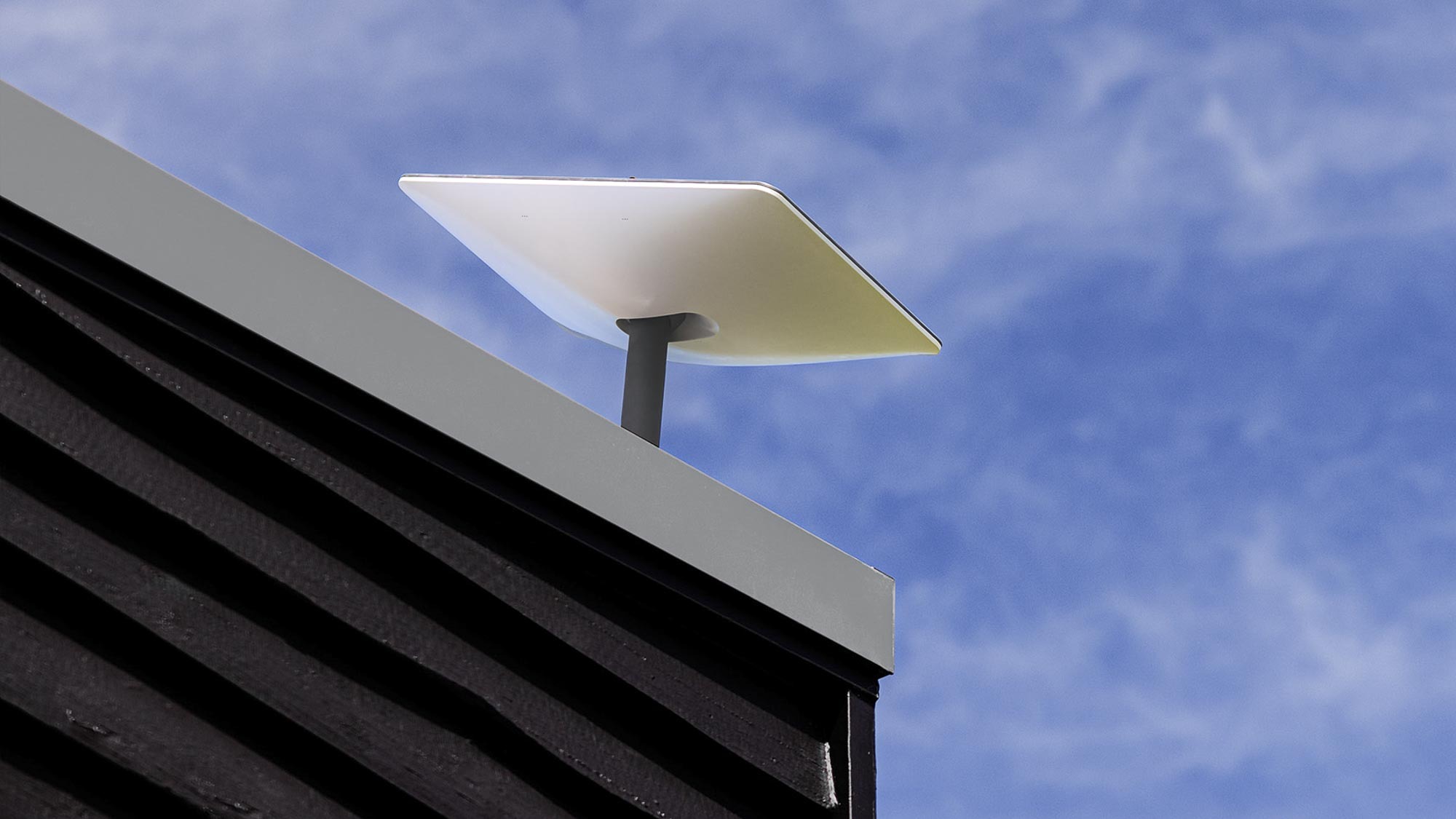
Starlink, the satellite internet service offered by Elon Musk's company SpaceX, is gunning after cable internet with a new Starlink Premium tier. SpaceX is touting speeds of up to 500 Mbps, which is far greater than Starlink's current median download speed of 97.23 Mbps. But to gain this tremendous performance boost will cost customers in rural areas a lot.
SpaceX also just launched Starlink RV — meant for on-the-go use. In fact, you can skip the line and get Starlink's new RV plan without any delay in shipping.
As reported by The Verge, the Premium service will cost $500 a month. It will also require a new antenna, which too has an upfront $2,500 cost. Customers must place a $500 deposit now, as orders are expected to ship in Q2 of 2022.
Per the Starlink Premium website, this service is designed for "high demand users." By this, SpaceX is referring to "small offices, storefronts, and super users across the globe." Premium users can expect download speeds of 150-500 Mbps, per the website, with latency of 20-40ms. Upload speeds are also expected to be between 20 to 40 Mbps, which is double the expected upload speeds of base Starlink service.
The Starlink Premium Kit comes with the antenna, Wi-Fi router, cables and a base. SpaceX also claims that Starlink Premium can handle improved performance in "extreme weather." Premium users will also get prioritized 24/7 customer support. Of course, customers can order multiple Starlink Premiums to help serve whatever necessary bandwidth needs.
For the uninitiated, Starlink is a low-Earth orbit (LEO) satellite internet constellation that plans on sending 12,000 satellites above the Earth's surface to serve users around the world. Because of the high number of satellites at a lower orbit, SpaceX, which designs the Starlink satellites and flies them up into space, can promise much higher speeds than other competing satellite internet services. HughesNet and Viasat offer speeds at a fraction of Starlink's, but that's because those services have fewer satellites at higher orbits.
Scientists are worried that a flurry of satellite internet services from OneWeb , Amazon's Project Kuiper, Boeing, and Telesat will cover the night sky with junk, making research with highly sensitive telescopes difficult.
Get instant access to breaking news, the hottest reviews, great deals and helpful tips.
Be sure to follow our Starlink updates page for the latest news, speed test results and coverage maps.

Imad is currently Senior Google and Internet Culture reporter for CNET, but until recently was News Editor at Tom's Guide. Hailing from Texas, Imad started his journalism career in 2013 and has amassed bylines with the New York Times, the Washington Post, ESPN, Wired and Men's Health Magazine, among others. Outside of work, you can find him sitting blankly in front of a Word document trying desperately to write the first pages of a new book.
 Club Benefits
Club Benefits





